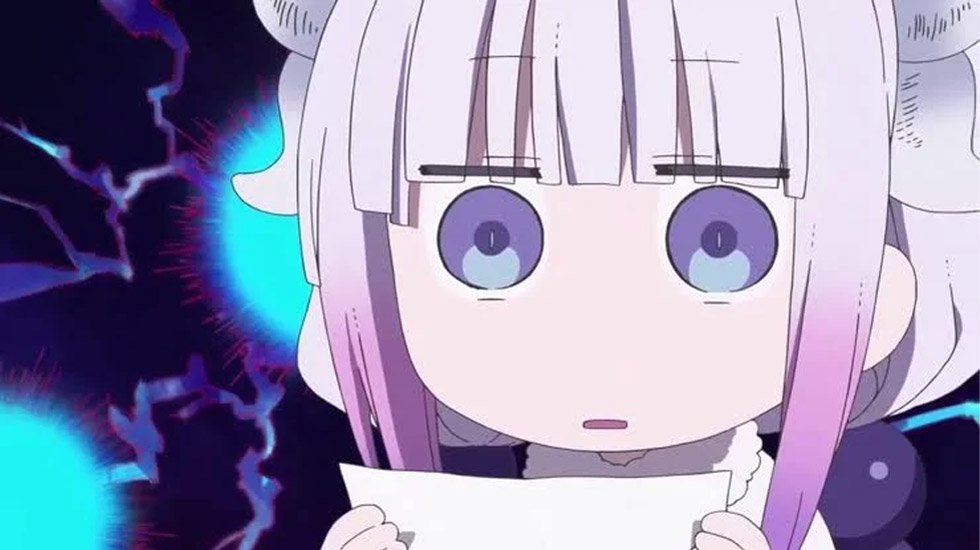
In an effort to fight baby exploitation, Japanese politician Masako Okawara filed a petition in the course of the 213th Eating regimen Session calling for stricter laws on content material, together with manga and anime, that include inappropriate depictions of characters who resemble youngsters.
This initiative comes amid rising considerations in regards to the rising variety of circumstances of exploitative materials involving minors in common media and the inadequacy of present legal guidelines to guard them.
Latest statistics have proven that arrest charges for baby pornography offenses haven’t improved regardless of revisions to the legislation on baby prostitution and baby pornography. The latest high-profile case of Your Title producer Koichiro Ito is an instance of this.
Okawara’s petition urges the federal government to amend present legal guidelines, together with the Prevention of Baby Prostitution and Baby Pornography Act, primarily based on the 2019 advice of the UN Committee, by criminalizing the “manufacturing, distribution, provision, sale, entry, viewing and possession of photographs and pictures of kids, or individuals primarily showing to be youngsters, engaged in sexually specific acts, or photographs of sexual elements of the physique of an individual baby for sexual functions“.
Presently, the legislation doesn’t regulate photographs with sexual content material in manga or anime, particularly lolicon (photographs of young-looking feminine characters) and shotacon (photographs of young-looking male characters).
Nonetheless, the petition primarily focuses on the facet of the imagery used to make characters seem as youngsters, which may immediate the federal government to take a re-assessment.
The controversy surrounding “loli” and “shota” characters is intense, with critics claiming such photographs contribute to a dangerous tradition that normalizes the sexualization of minors.
Supporters inside the anime and manga industries declare that these characters are fictional and that their regulation would infringe on creative freedom and expression.
This grew to become clear in 2014 when an identical revision to the kid pornography legislation was proposed however not accepted important opposition from the trade, which claimed this might severely restrict artistic freedom.
Regardless of the precedent, Japan might contemplate regulating anime and manga content material as a result of alarming statistics surrounding the difficulty. Okawara’s petition has collected greater than 300 signatures.
As of 2022, 86% of victims had been ladies, whereas boys made up 14%, a pattern that’s on the rise. Even in circumstances the place victims had been recognized, the quantity is the second highest for the reason that pre-COVID-19 period.
When together with circumstances decided primarily based on age assessments by medical professionals, the precise variety of victims is even greater.
“The neglect of the sexual commercialization of kids by way of their photographs perpetuates dangerous values in society and critically infringes on youngsters’s rights to reside and develop up safely” stated Okawara.
Okawara burdened the necessity for complete measures to fight the unfold of those exploitative practices.
“The unchecked sexualization of kids within the media perpetuates dangerous societal norms and poses a critical menace to the security and well-being of kids” she added.
Because the Prevention of Baby Prostitution and Baby Pornography Act approaches its twenty fifth anniversary, Okawara burdened the significance of additional amending related legal guidelines, together with the Prison Code, the Baby Welfare Act and the Prevention of Baby Abuse Act.
By integrating the voices of survivors of sexual abuse and exploitation, Okawara goals to strengthen enforcement measures to guard youngsters from hurt.



